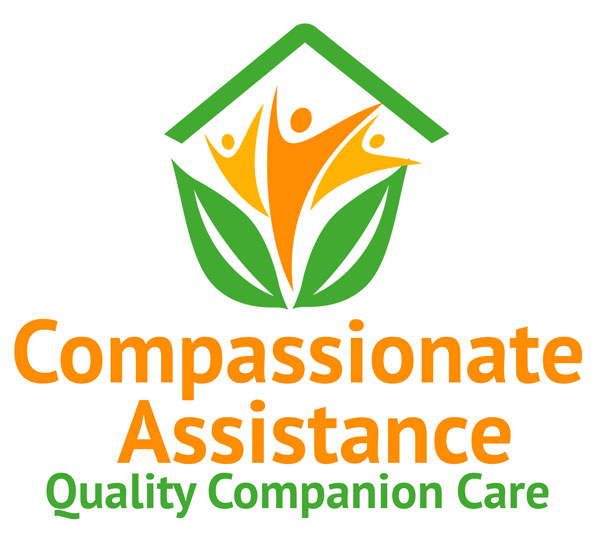If you or a loved one are in the hospital, planning for their continued care after hospital discharge can be stressful. As a caregiver, you are probably thinking about the current concerns and needs of your loved one, and not what will happen after they are discharged from the hospital. However, this transition is extremely important. Whether your loved one is returning home, going to a nursing home, or needs in-home assistance, planning for their care following this transition is challenging. Below are some ways to plan so that you can help make this transition smooth and successful.
Discharge Planning
Planning for the discharge and continued care of your loved one is critical to their future health and well-being. Once the doctor has authorized a patient’s release from the hospital, put your care plan in place so that there is no lapse in care. Many people prefer to return home as soon as possible. With in-home care, you can provide them will excellent care in their home after discharge. At Compassionate Assistance, we work with you to create a care plan that works for you and your family. We meet with you before any care is provided to develop a plan that will specifically meet your needs. We’ll make sure that you feel comfortable with the plan and caregivers involved.
The Caregiver’s Role:
As a caregiver, your role is very important during and after hospital discharge. Even though you may not be a medical professional, you are likely to know the most about your loved one’s history and current situation. Most likely, you will have to make the decisions about how continued care will happen, where it will happen, and what is best for your loved one.
It is very important that you evaluate the needs of your loved one realistically to see if you need outside support. Many times, the financial, physical and emotional needs of someone being discharged are too much for a singular caregiver. Having support, such as in-home care support (even for a few days a week) makes a significant impact on care as well as qualify of life, for both the caregiver and patient. It’s important to evaluate your options and make a decision that’s best for the wellbeing of your loved one, as well as you.
Getting Help At Home:
After being discharged from the hospital most people need continued care, even if it’s just temporary. We offer many different kinds of care, but several ways that we can help care for someone who has been recently discharged from the hospital are:
- Companionship -After coming home from the hospital, just having someone to talk to can make a positive impact on health. We take pride in becoming close friends with our clients and in bringing happiness to their lives.
- Personal care – Day-to-day activities can be difficult for someone who is still recovering. Our caregivers can provide help with activities such as bathing, grooming, dressing, eating, exercising, and other services.
- Transportation – Depending on the situation, your loved one may not be able to drive on their own for a while after being discharged from the hospital. Our caregivers can provide support by taking them to doctor’s appointments, the grocery store, or anywhere they need to go.
- Medication reminders – Medications can be difficult to manage but are extremely important. Our highly trained team of caregivers carefully ensures the right medication is taken at the right time.
- Meal preparation – Meal preparation is also an important part of continued care. From shopping for necessary supplies to cooking meals, our caregivers encourage a healthy diet for our clients.
Our local team of Client Care Managers are on call 24/7 to answer your questions! You can also visit our website. We will work with you to design a customized plan of care that is right for you!


Recent Comments